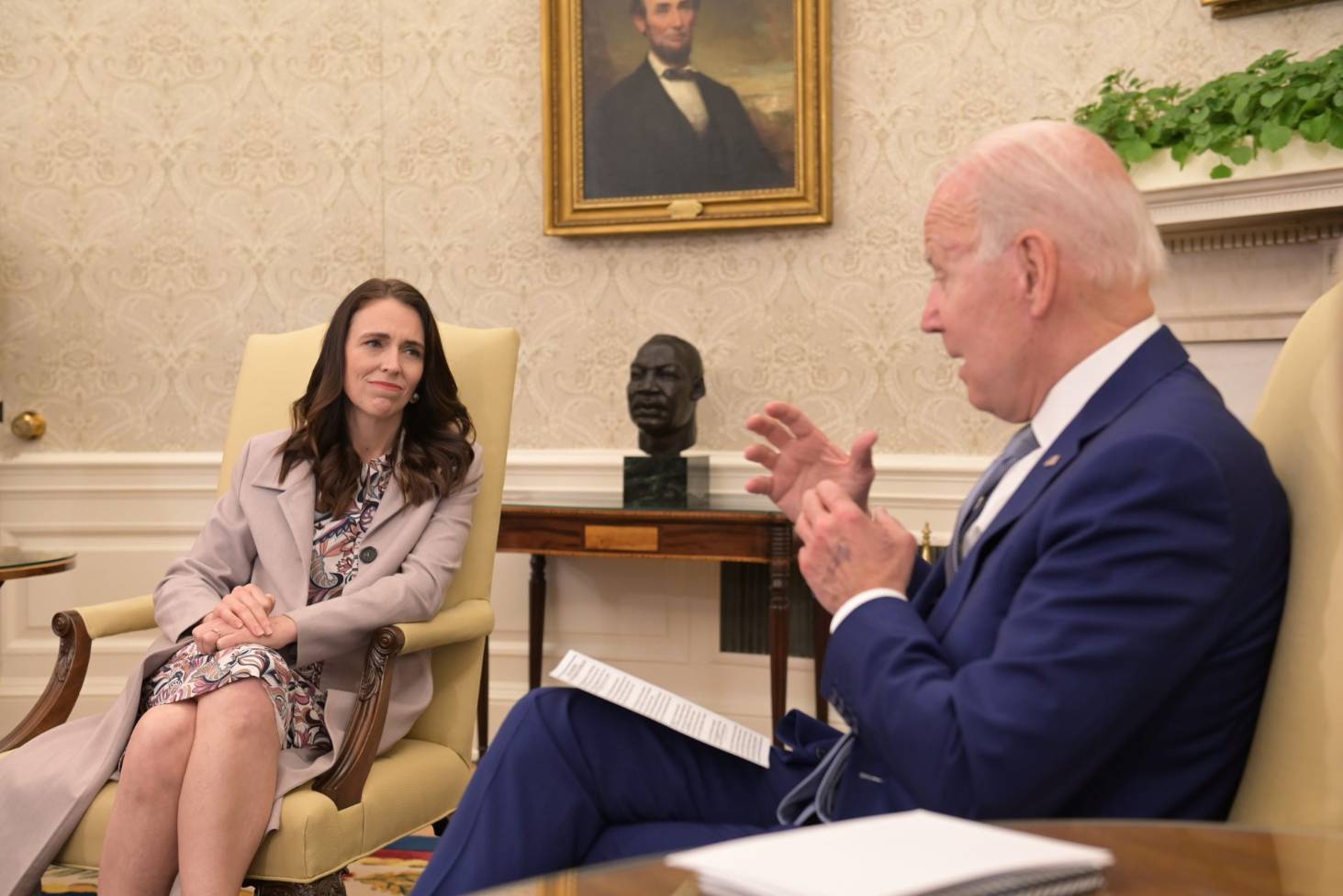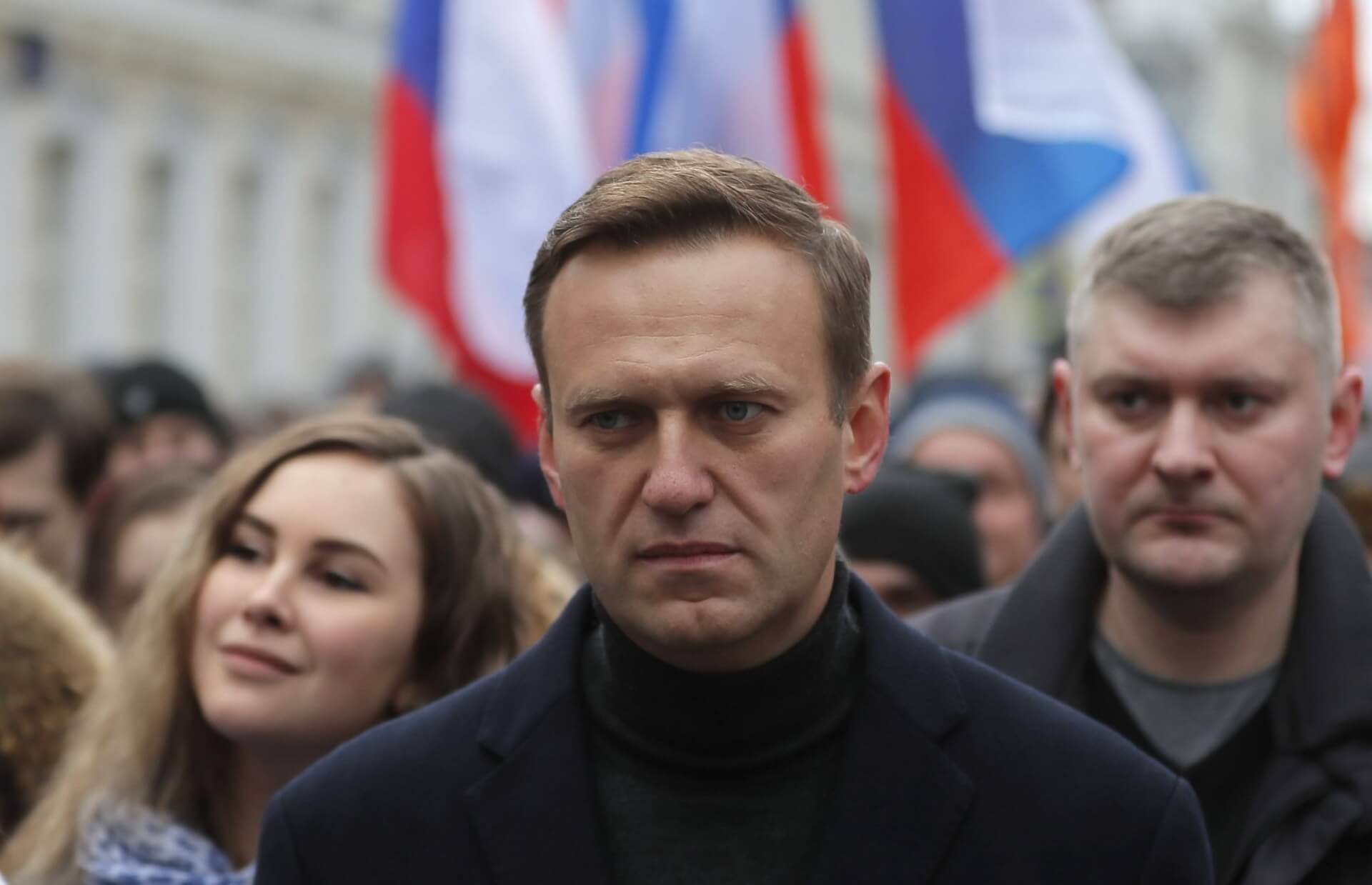World News Monitor: 1 June, 2022
A quick look at events from around the globe.
South Asia
Speaking to CNN, Pakistani Finance Minister Miftah Ismail said that Pakistan would “surely consider” purchasing discounted Russian oil like India, provided that there is no threat of sanctions from the United States. However, he said that the Russian government had not yet offered such a discount. His statement comes as Pakistan struggles to purchase crude and oil products due to a foreign reserve shortage. [Dawn]
The Taliban returned 12 trucks carrying 500,000 litres of fuel to Iran over concerns about the quality of the delivered goods raised by the Norm and Standards Department laboratory. Taliban Deputy Prime Minister Mullah Abdul Ghani Baradar recently set up a team to check the quality of petroleum and gas products amid concerns over air pollution. [Khaama News Agency]
Central Asia and the Caucasus
Five people were killed in Tajikistan’s restive Gorno Badakhshan region on Tuesday during an “anti-terrorist” operation by security forces. Dushanbe claimed that those killed belonged to an “organised criminal and terrorist group”; however, relatives said they were “peaceful unarmed citizens.” Tajikistan has recently stepped up military operations in the region against “organised criminal gangs” that have attacked security forces. [Fergana Agency]
The new leader of Georgia’s Russian-occupied region of South Ossetia, Alan Gagloyev, has suspended a referendum on joining Russia proposed by his predecessor Anatoly Bibilov earlier this month. A statement released by Gagloyev’s office said that the decree refers to “the uncertainty of the legal consequences of the issue” as well as the “inadmissibility of a unilateral decision to hold a referendum.” [RFE/RL]
East and Southeast Asia
Chinese President Xi Jinping met with newly-appointed Hong Kong Chief Executive John Lee in Beijing on Monday, the Chinese government announces yesterday. Xi congratulated Lee on his recent victory, after he was elected with over 99% of the votes while running unopposed. The Chinese president reaffirmed his steadfast commitment to the “one country, two systems” policy and called on Lee to focus on ensuring law and order and “safeguarding national security.” [Xinhua]
The United States-hosted Rim of the Pacific (RIMPAC) maritime exercise between June 29 and August 4 will see South Korea deploy its biggest-ever naval fleet for the event. It will send three warships, an attack submarine, a surveillance aircraft, two multirole naval helicopters, nine assault vehicles, and 1,000 personnel. [The Korea Herald]
Europe
British Prime Minister (PM) Boris Johnson’s independent ethics adviser, Christopher Geidt, said that there was a “legitimate question” about whether the PM violated the ministerial code of conduct by participating in several lockdown parties in Downing Street in 2020 and 2021. He further stated that Johnson had ignored his advice to explain the violations to the Parliament and the public. [Politico]
German Chancellor Olaf Scholz on Tuesday announced a tank swap with Greece to avoid directly sending Western weapons to Ukraine, fearing it could drag the North Atlantic Treaty Organization into the war. Under the scheme, Berlin will help transport Soviet-era tanks from Greece to Ukraine by sending advanced German vehicles to Greece as a replacement. [Politico]
Imprisoned Kremlin critic Alexei Navalny wrote on Tuesday that he faces at least 15 more years in jail on criminal charges of creating an “extremist organisation with an intent to fuel hatred against government workers and oligarchs.” His supporters fear that the latest move is an effort to keep him in jail for life. Russia barred Navalny’s Anti-Corruption Foundation and national political network last year. He was sentenced to nine years in March on embezzlement and contempt of court charges. [The Moscow Times]
Latin America and the Caribbean
The Cuban Ambassador to China, Carlos Miguel Pereira, thanked China for its support regarding the United States (US)-hosted Americas Summit later this month. The US has repeatedly hinted at the exclusion of Cuba, Nicaragua, and Venezuela from the Summit due to their non-democratic nature, a move which has been denounced by several leaders in the region. Pereira has accused the US of “ using selective multilateralism,” stating that it “lacks the possibility of imposing its plans, interests, and positions in Latin America and the Caribbean.” [Telesur]
The Nicaraguan parliament, dominated by President Daniel Ortega’s Sandinista party, voted 75-0 on Tuesday to order the closure of 83 civic groups and nongovernmental organisations in the country. This has increased the total number of banned groups to 200 since the beginning of 2022. A law passed two years ago required these groups to register themselves as “agents of a foreign government.” Several opposition candidates, figures, and groups have been arrested or disbanded both in the lead-up to and following his controversial re-election last November. [Associated Press]

Middle East and North Africa (MENA)
Israel on Tuesday signed a free trade agreement with the United Arab Emirates (UAE), its first such deal with an Arab country. The deal envisages improving their bilateral trade from $1.2 billion in 2021 to $10 billion in five years. Furthermore, it has proposed removing tariffs on 96% of goods traded. Emirate Trade Minister Thani al-Zeyoudi called the deal “a new chapter in the history of the Middle East.” [Reuters]
Human Rights Watch (HRW) on Tuesday blamed Russian mercenary outfit Wagner Group for using banned landmines and booby traps in Libya from 2019 to 2020. “The Wagner Group added to the deadly legacy of mines and booby traps scattered across Tripoli’s suburbs that has made it dangerous for people to return to their homes,” it said. HRW also called on the International Criminal Court (ICC) to investigate the role of Libyan and foreign armed groups in laying anti-personnel mines during the conflict. [Human Rights Watch]
North America
On Tuesday, United States (US) President Joe Biden announced the delivery of longer-range missile systems, such as the High Mobility Artillery Rocket System (HIMAR), to Ukraine as part of a $700 million military assistance package. US officials clarified that the decision was made after Ukrainian leaders assured them that the advanced weapons systems would not be used against targets within Russian territory. [The New York Times]
Canadian Minister of Foreign Affairs Mélanie Joly announced on Tuesday that Canada has sanctioned 22 Russian individuals and entities including, Russian President Vladimir Putin’s alleged girlfriend, Alina Kabaeva. “At this point, our goal is to isolate economically, politically and diplomatically Russia,” Joly declared. Kabaeva, a former Olympic gymnast, was first sanctioned by the United Kingdom last month. [CTV News]
Oceania
Australian Prime Minister Anthony Albanese on Tuesday unveiled his new cabinet after securing a majority to form a new government. Albanese appointed Richard Marles as deputy prime minister and defence minister, Penny Wong as senate leader and foreign affairs minister, and Don Farrell as deputy senate leader, minister for trade and tourism, and special minister of state. The new appointments will be sworn in on Wednesday morning. The Cabinet will include ten women, the highest number ever in Australian history. [9 News]
On Wednesday, New Zealand Prime Minister Jacinda Ardern held discussions on trade, climate change, gun control, the Indo-Pacific, the Russian invasion of Ukraine, extremism, and other regional and global security issues with the United States President Joe Biden at the White House. Both leaders reaffirmed their close relationship and agreed to cooperate for peace, stability, and a rules-based international order. Ardern further urged Biden to join the Comprehensive and Progressive Agreement for Trans-Pacific Partnership to support the region’s economic resilience. [New Zealand Government]
Sub-Saharan Africa
Sierra Leone President Julius Maada Bio signed seven bilateral agreements with his Kenyan counterpart Uhuru Kenyatta in the fields of diplomacy, trade and investment, wildlife tourism, gender equality and women empowerment, agriculture, and arts and youth affairs. Bio also thanked Kenya for donating 20,000 tablets and power banks to support the country’s census last year. [The East African]
On Tuesday, Zambian President Hakainde Hichilema held a telephonic discussion with his Chinese counterpart Xi Jinping, wherein the two leaders highlighted the “unshakeable friendship” between the two nations. President Xi pitched Zambia as a leading destination for Chinese investment, while emphasising on the potential for bilateral cooperation in the production of COVID-19 vaccines. In turn, Hichilema appreciated China’s strong leadership at the Forum for China Africa Cooperation and said he looks “ahead to a new chapter of enhanced bilateral relations which will improve the lives” of Zambians. [Mwebantu]

